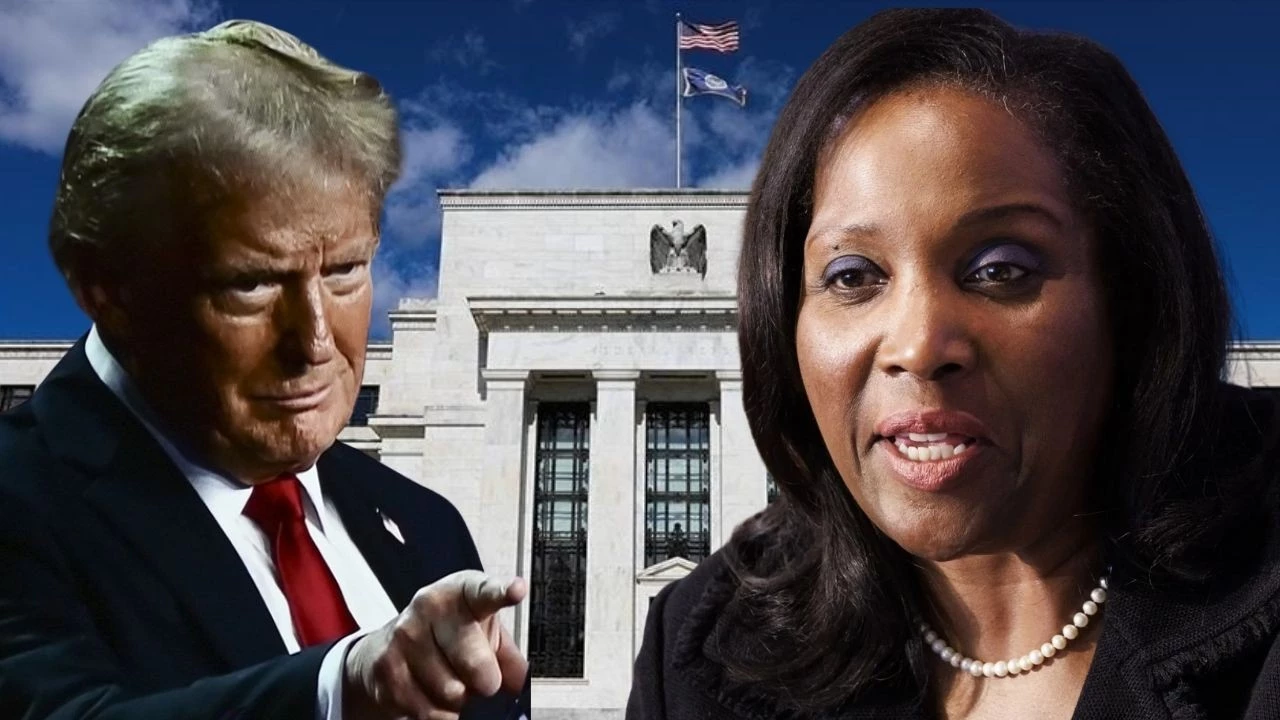
Trump Removes Fed Governor Lisa Cook over Alleged False Mortgage Statements
Light House Denver – U.S. President Donald Trump on Monday (August 25, 2025) ordered the dismissal of Federal Reserve Governor Lisa Cook. The reason cited was alleged false statements related to mortgage agreements involving her. The unexpected move has immediately sparked fresh concerns over the independence of the U.S. central bank.
In general, presidents have only limited authority to dismiss Federal Reserve officials. For this reason, Trump’s decision has triggered heated debate among legal and economic experts. In his official letter to Lisa Cook, Trump stated that he based the dismissal on the Federal Reserve Act as the legal foundation.
“I have decided that there is sufficient cause to remove you from your position,” Trump wrote in the letter. The U.S. Supreme Court had previously affirmed that central bank officials can only be dismissed for valid reasons, such as misconduct or other disqualifying actions.
“Read More: Thai Police Arrest Chinese Hacker Who Stole Jungkook BTS’s Shares”
Trump, however, referred to a document submitted by the Director of the Federal Housing Finance Agency to the U.S. Attorney General on August 15, 2025. The director of that agency is widely known as a close political ally of Trump, raising suspicions of political interference.
According to Trump, the criminal referral provided a strong enough basis to believe that Lisa Cook may have made false statements related to one or more mortgage agreements. So far, the Federal Reserve has not issued an official response to the president’s move.
Before the dismissal was formally announced, Lisa Cook had made it clear that she would not bow to political pressure. “I do not intend to be intimidated into stepping down,” Cook said in early August 2025.
She also emphasized that she would address all questions from the public and relevant authorities regarding her financial history seriously. Cook stressed the importance of transparency while seeking to defend her reputation as an independent official amid mounting political tension.
The dismissal has further intensified scrutiny of the relationship between the White House and the Federal Reserve. Traditionally, the Fed is recognized as an independent institution responsible for maintaining monetary stability, free from direct political influence.
Trump’s move has raised fears of a dangerous precedent, in which presidents may find it easier to intervene in central bank policy. Analysts warn that such legal uncertainty could shake market confidence and destabilize the U.S. financial system.
With the Federal Reserve still silent on the issue, the situation is expected to remain a central topic of discussion in both political and international economic circles.